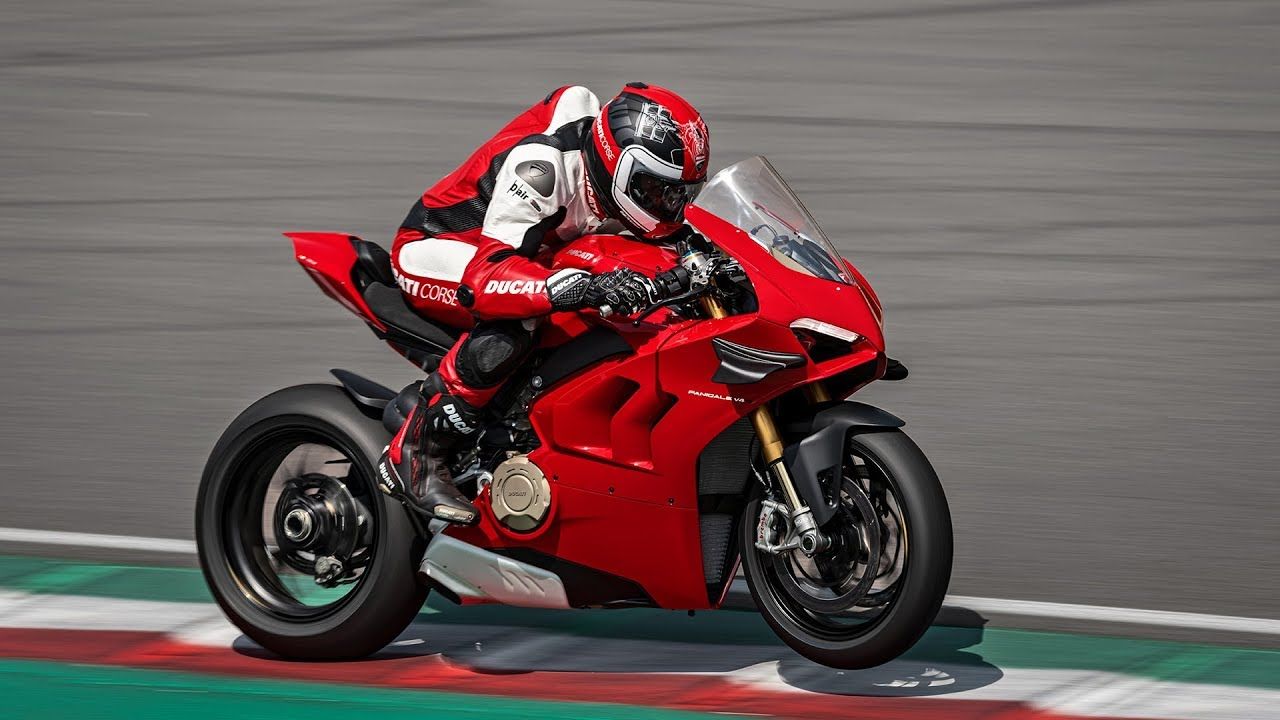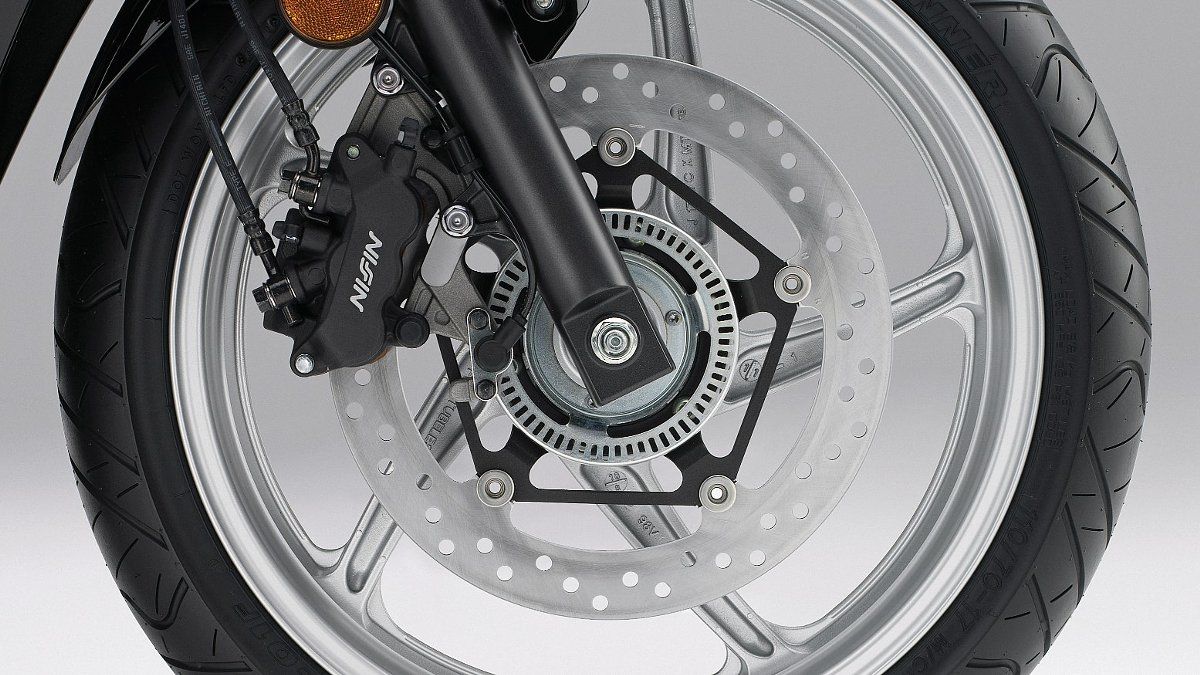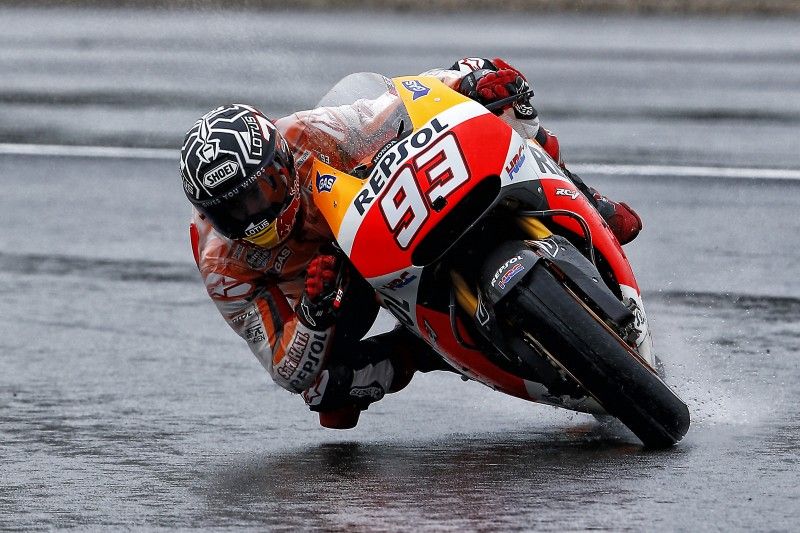Did you know ABS debuted on a motorcycle way back in 1988? The said system was quite different from the one we see nowadays and featured hydraulics instead of sensors. Now that you know this, you must also know that ABS, since then, has become a critical aspect of motorcycle safety and multiple governments have even made it mandatory.
But is ABS on a motorcycle ACTUALLY as important as people make it seem? Well, that’s exactly what we’re talking about here.
Motorcycle ABS - A Bane
The primary job of ABS is to prevent tire lock-up by modulating brake pressure, in turn, preventing skids and helping the rider keep control of the motorcycle. This becomes ever-so-crucial when you’re on public roads (where you can encounter anything from gravel to oil) or when you have worn-out tires with less grip.
Since the ABS modulates brake pressure using sensors, it also helps the rider have peace of mind and stomp on the brakes whenever there’s an emergency or a said low-grip scenario. This modulation helps reduce the braking distance considerably in conditions where you would otherwise lock up, skid, or even worse, crash.
Motorcycle ABS - A Boon
After reading the pros, chances are you think there can’t be any cons to this marvelous piece of life-saving tech, right? Well, there are. First, the claim that ABS helps cut down the braking distance is a bit flawed, and (in most cases) only applies to low grip conditions such as on wet tarmac.
When the grip levels are optimal, a sensitive ABS can work against you and modulate the brake pressure even when the tire isn’t slipping, thus increasing the braking distance. This is one of the key reasons racers or experienced riders don’t prefer ABS.
Personally, I’ve been in this situation twice and ABS intervention simply worsened the situation instead of helping. Take this with a pinch of salt, though, because such systems are getting smarter as we speak, eliminating the said issue slowly. Nevertheless, this issue is still prominent on entry-level motorcycles which employ poorly calibrated anti-lock braking systems.
Another problem associated with an ABS system is the increased complexity. An ABS brings with a few extra components (sensors, wires, motor, and fuses) some of which are prone to damage while performing normal tasks like tire placement or changing disc pads.
Motorcycle ABS - Yay Or Nay?
So should you give importance to motorcycle ABS or not? Well, yes, you should. Considering Marc Marquez isn’t the one reading this, chances are you’ll spend most of your days on public roads where anything can come in your way at any time, making ABS a big YAY.
And in case you are a Marquez wannabe, you can always pull the fuse on specific occasions or get a bike with switchable ABS to have a fun time. Just don’t forget to switch the ABS back on!




